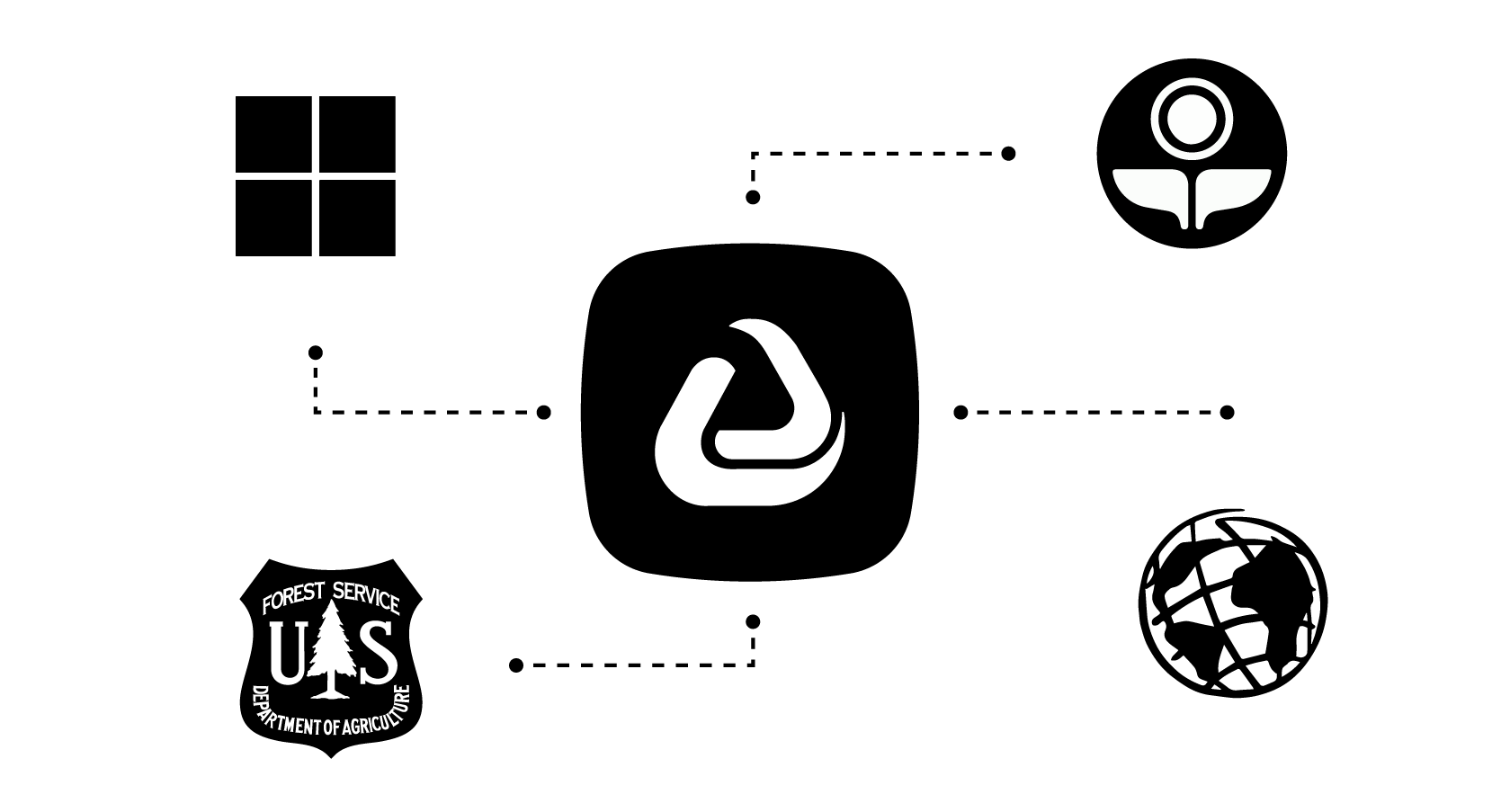Full Case Study
Introduction
In the face of natural disasters and emergency situations, timely and coordinated response is paramount. This case study explores how a state agency successfully improved its all-hazard emergency response capabilities through the integration of the Intterra platform.
The challenge: A need for unified data sharing
The state agency responsible for emergency management faced a significant challenge. They needed a solution that would enable them to access and visualize critical data from various collaborating agencies during natural disasters. This data encompassed information from Computer-Aided Dispatch (CAD), Records Management Systems (RMS), and user-generated content related to pre-event planning. Moreover, the agency required that this data be readily accessible to all collaborating agencies and shareable through various alerting and messaging systems.
The solution: Intterra’s comprehensive integration
After careful consideration, the agency selected the Intterra platform to address their pressing needs. Intterra’s capabilities centered on integrating systems from all cooperating agencies and providing a unified operational view through personalized maps and dashboards. This allowed the Emergency Management agency to have a comprehensive view of available resources, population data, critical infrastructure, and response actions from all activated agencies on a single screen. Personalized alerting ensured that high-risk areas and areas of concern could be swifly prioritized for response.
Swift implementation and ongoing collaboration
Intterra implemented the program in less than a quarter, demonstrating its efficiency and effectiveness. Furthermore, they continued to collaborate closely with the agency, incorporating new data, onboarding new agencies, and expanding capabilities to adapt to the evolving all-hazard landscape.
Results: Improved coordination and informed decision-making
The implementation of the Intterra platform yielded remarkable results. The agency experienced a significant increase in coordination with collaborating agencies, achieving near real-time visibility into crucial data related to disasters. This newfound capability allowed the agency to make swift and informed response decisions, as they could monitor all relevant information on a single screen. Additionally, the platform’s intuitive dashboard ensured that all statistics and response data were readily available for stakeholders, enhancing transparency and accountability.
Conclusion
The state agency’s adoption of the Intterra platform revolutionized their all-hazard emergency response capabilities. By integrating data, enhancing coordination, and providing real-time insights, Intterra played a pivotal role in ensuring the agency could effectively respond to natural disasters and emergencies, ultimately
safeguarding the well-being of their communities.

